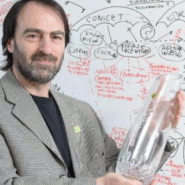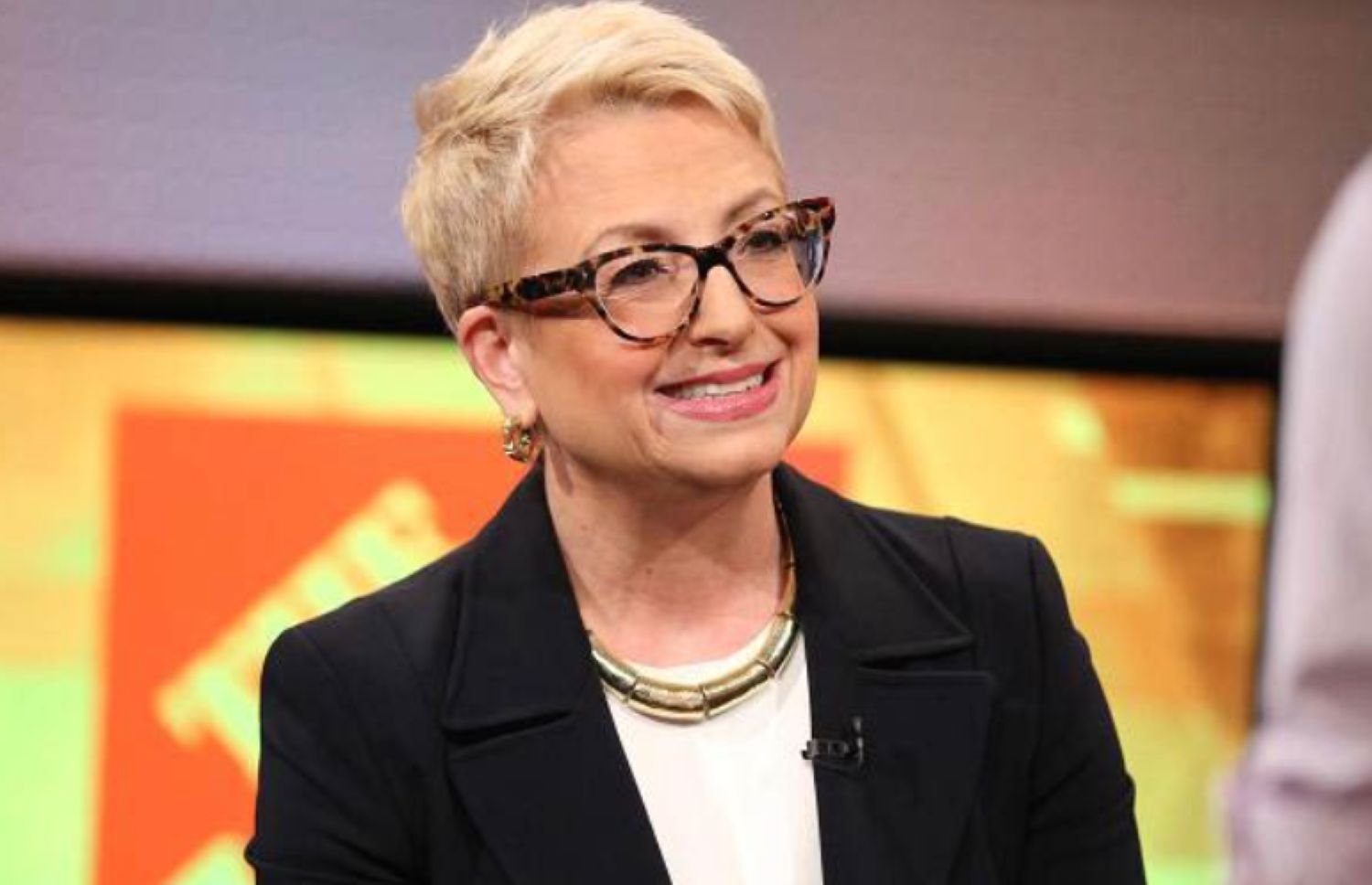Albert Bourla, born on October 21, 1961 (63 years old) in Thessaloniki, Greece, is the Chairman and CEO of Pfizer, a multinational pharmaceutical company headquartered in the United States. The Greek executive was responsible for leading the development of the COVID-19 vaccine during unprecedented times, as the disease swept across the globe and brought a painful pandemic to humanity.
BioNTech was the company that partnered with Pfizer to develop the COVID-19 vaccine. The virus caused the disease, and through the application of biotechnology — which combines natural sciences with engineering — both companies joined forces to manufacture the vaccine as quickly as possible. The name Pfizer became increasingly prominent as the pandemic advanced, and millions of people received one or more doses of the vaccine.
Bourla’s early steps
After completing his primary and secondary education in Thessaloniki, Bourla earned a Bachelor’s degree in Reproductive Biotechnology from the Faculty of Veterinary Medicine at age 24. He also completed a PhD in Veterinary Medicine. Six years later, he finished his thesis and by the age of 30, he had become a fully trained professional in the field.
Two years later, in 1993, he began his journey at Pfizer. Along with his wife, Bourla had left Greece in search of new opportunities, and joining the pharmaceutical company changed his life. His move to the United States was not a coincidence; in several interviews, he has stated that it is “a country he loves.” His start at Pfizer was in the animal health division.
Bourla’s first years at Pfizer were focused on the animal health sector. Zoetis, a company acquired by Pfizer and operating as a subsidiary, is a pharmaceutical company that produces medicines and vaccines for animal use. In the early 2000s, the Greek-American was in charge of those areas.
Then, from the mid-2000s until 2009, Bourla led the Animal Health division across Europe, Africa, and the Middle East — a major responsibility in the animal health world. He later went on to preside over other divisions.
After several years in Animal Health, one of Pfizer’s subsidiaries, Bourla began to play a more prominent role in the day-to-day operations of the pharmaceutical giant. He first took part in the development of medicines and was later named President of the global vaccines business.
Before becoming Chairman and CEO of Pfizer, between 2016 and 2017, Bourla led “Pfizer Innovative Health,” a division that increased its revenue by more than 10%. He also served as Chief Operating Officer in the oncology and healthcare sectors.
CEO, Chairman, and the pandemic
Finally, after a long path, in 2018 he became CEO of Pfizer, succeeding Ian Read. One of the key ideas Bourla implemented was “innovation.” Seeking to further digitize the company and adapt to new trends, Pfizer developed a strategy focused on research and development, with an emphasis on improving the distribution of medicines and vaccines.
In 2020, Pfizer — like most of the world’s major pharmaceutical companies — had to act urgently in response to the coronavirus pandemic. Aimed at bringing various vaccines to market to combat the virus, Pfizer developed its first dose in less than ten months.
The strategies Bourla applied during the pandemic earned him numerous awards that recognized his expertise and role as a veterinarian and biotechnologist. In 2021, one year after the pandemic had erupted, Bourla was among the world’s most prominent CEOs and was honored by various academies and institutions. He is also President of the International Federation of Pharmaceutical Manufacturers & Associations and a member of several Business Councils.
Last year, with compensation nearing 20 million dollars, Bourla was among the highest-paid CEOs in the world. Pfizer places great trust in the Greek-American executive, who has followed a unique path since joining the pharmaceutical firm 31 years ago.
From working in the Animal Health Division, leading global health operations, overseeing vaccines, oncology, and other divisions, to becoming a key figure in vaccine development and serving as CEO and Chairman —
Bourla led one of the world’s most important pharmaceutical companies during one of the darkest moments in human history. A pandemic that devastated the global population, and a vaccine developed in eight to ten months, when such processes normally take years.








